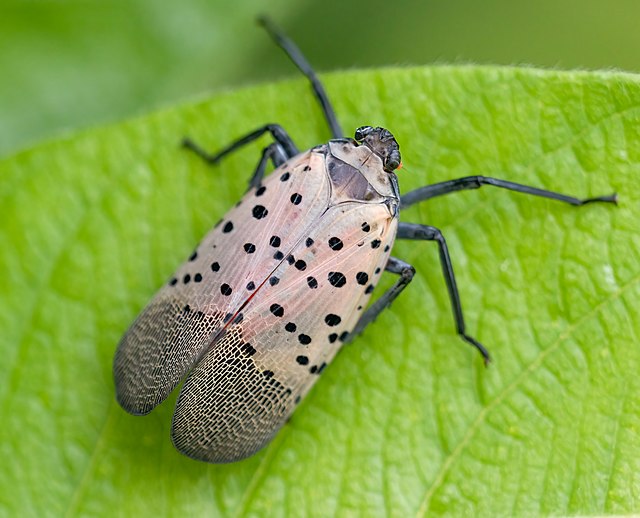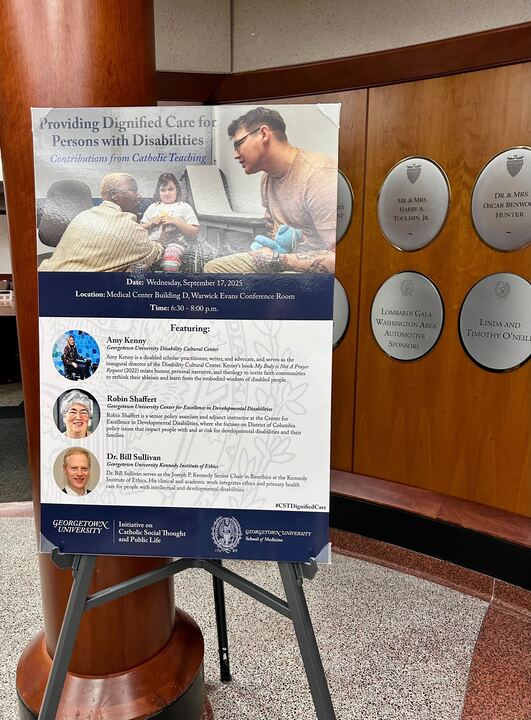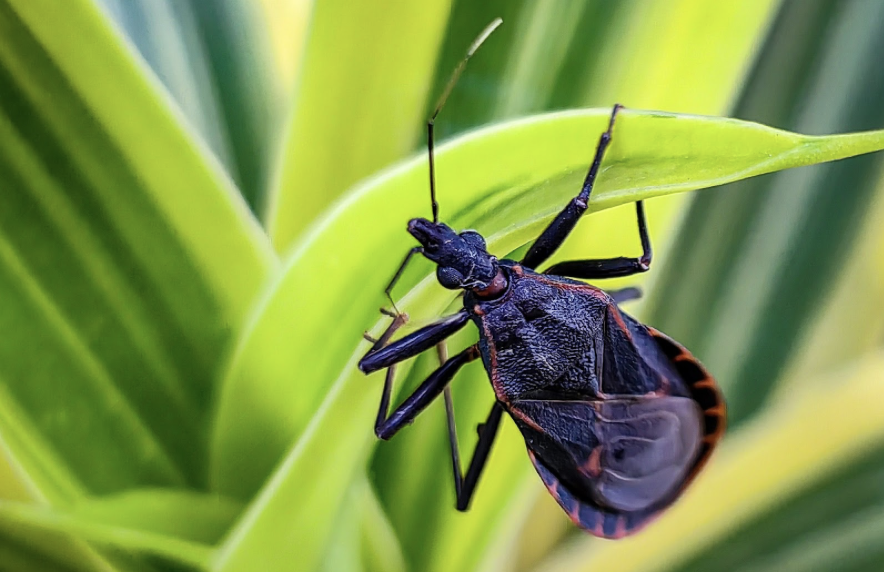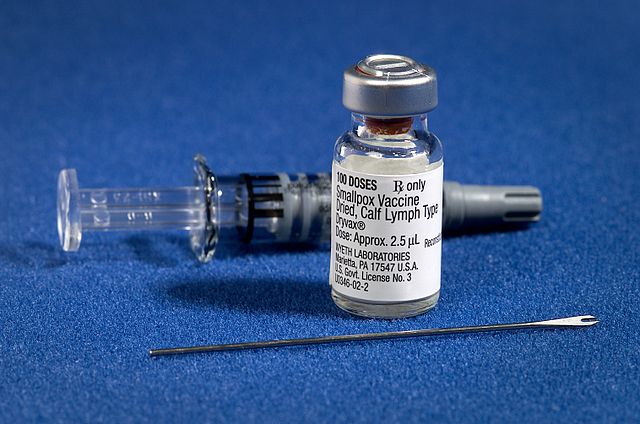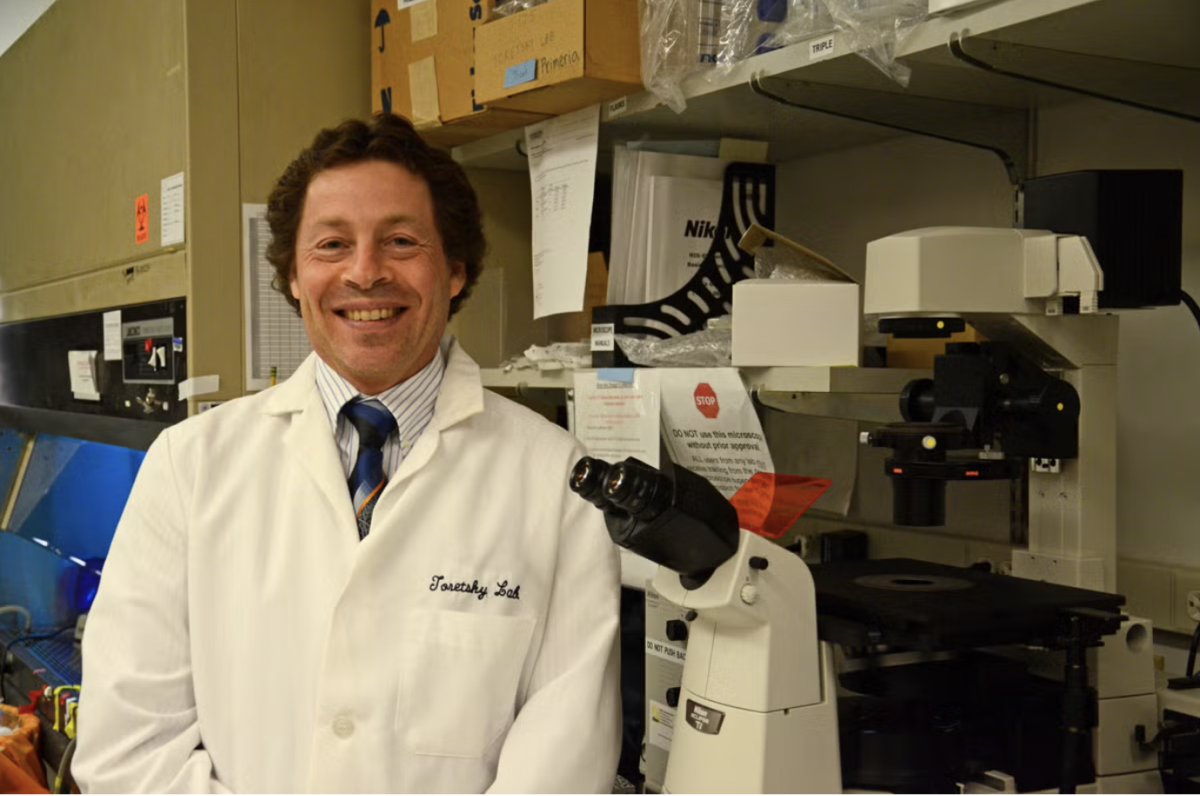After public health protocols during the COVID-19 pandemic reshaped daily life for Georgetown University students in Fall 2020, new changes to vaccine guidelines by the Centers for Disease Control and Prevention (CDC) are requiring students — and the country — to again readapt.
The CDC’s Advisory Committee on Immunization Practices (ACIP) unanimously voted Sept. 19 to abandon universal vaccination recommendations for individuals aged 6 months or older, rendering COVID-19 vaccination a matter of personal choice. While Georgetown offers many vaccines at clinics on both the Hilltop and Capitol campuses, including the COVID-19 vaccine, this change in guidelines has led to uncertainty both for the public and for vaccine experts and medical professionals.
Dr. Seble Kassaye, an infectious disease specialist and associate professor of medicine at Georgetown University School of Medicine, said she has witnessed firsthand the proven benefits the COVID-19 vaccine offers.
“The available scientific evidence shows the COVID-19 vaccine reduces the chance of severe illness and hospitalization from COVID-19,” Kassaye wrote to The Hoya. “The vaccine is also associated with decreased risks of long COVID and multisystem inflammatory syndrome in children.”
Lawrence Gostin, director of the World Health Organization Collaborating Center on National and Global Health Law and a professor at the Georgetown University Law Center, said he disapproves of this new guideline change.
“All the evidence suggests that there should be a clear recommendation to receive COVID-19 vaccines, and this is particularly important for children, pregnant women and older populations,” Gostin wrote to The Hoya. “The new COVID-19 vaccine recommendations are not motivated by science but rather a long-held skepticism of vaccines by Secretary Kennedy.”
Robert F. Kennedy Jr., secretary of the U.S. Department of Health and Human Services, removed all 17 sitting members of the ACIP — all of whom were appointed by former President Joe Biden — June 9.
Gostin said it is dangerous for political ideology — not scientific evidence or consensus — to dictate public health policies.
“The strongest criticisms have been that ACIP and CDC are now politically controlled by the Secretary of HHS and that CDC recommendations on vaccines can no longer be trusted,” Gostin wrote.
Gostin added that the best way to keep Georgetown students healthy is for the university to keep vaccines accessible.
“Georgetown should be able to continue its policy of offering vaccines, such as updated COVID vaccines and seasonal influenza vaccines,” Gostin wrote. “That would be the wisest course to keep our students healthy.”
Georgetown’s current vaccination offerings reflect Gostin’s recommendation to keep the community safe.
“The on-campus clinics offer annual flu vaccination, including the high-dose flu vaccine recommended for individuals 65 and older and RSV, as well as other common vaccinations,” a university spokesperson wrote to The Hoya. “In addition, the 2025-2026 COVID-19 vaccine is now available at Georgetown’s on-campus clinics.”
Outside the student vaccination clinic, Gostin believes it will be difficult for students to receive the COVID-19 vaccine.
“It will be much harder for students to access COVID-19 vaccines at local pharmacies and in their doctor’s offices,” Gostin wrote. “And there is no assurance that their health insurance policies will cover these vaccines.”
While removing the word “recommended” for COVID-19 vaccines may decrease the number of people who now choose to receive it, the Council of the District of Columbia recently voted to allow pharmacies to offer COVID-19 vaccines without prescriptions to individuals aged 3 years and older, easing previous restrictions.
Rachel Lumor (SON ’28) said she expects it will take time before we see changes from this new policy.
“I think that this change in policy is something where we won’t see its effects right now,” Lumor told The Hoya. “We’ll definitely see them in the future, potentially as we graduate college and get into the real world.”
Molly Strawn (SON ’27) said decreasing vaccination rates have been accompanied by the reemergence of certain diseases, emphasizing the importance of vaccines in public health.
“There are some vaccines that are the reason that many illnesses have gone nonexistent or don’t exist in the U.S.,” Strawn told The Hoya. “And for measles and polio, just to see that some of those have started to kind of come back — it’s proving to me that these vaccines work and that they keep us safe.”
Lumor said she hopes that Georgetown students continue to understand the importance of vaccines in keeping communities healthy despite the ACIP’s policy change.
“I think it’s fair to say that we all think that being sick is not a good, fun time, so we are therefore working to prevent that,” Lumor said. “We can do that by doing our best to keep each other and ourselves safe.”
Kassaye said it is essential for Georgetown community members to stay informed about the vaccine and recent policy changes.
“We encourage members of the Georgetown community who have questions about the COVID-19 vaccine or any other vaccines to speak with a health care professional about their specific concerns and questions,” Kassaye wrote.


